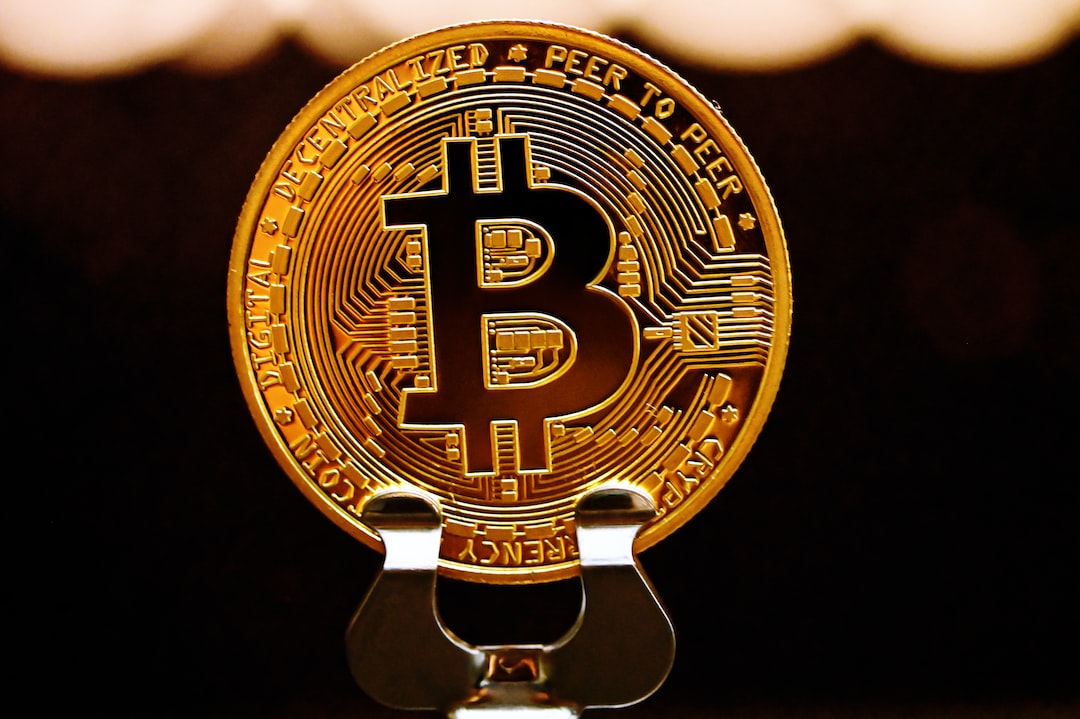Binance’s Rise and Resistance from the Traditional Financial System
In a recent analysis, Arthur Hayes, the founder of BitMEX, explores the journey of Changpeng Zhao (CZ), the former CEO of Binance, and the pushback he faced from state authorities. CZ stepped down from his role following an agreement with the US government, where he and the company pleaded guilty to financial crimes.
Hayes highlights how Binance swiftly rose to prominence under CZ’s leadership, disrupting traditional financial systems and demonstrating the potential of blockchain technology. However, this rise has not gone unnoticed by state authorities who have imposed a $4.3 billion fine on Binance, contrasting with the lenient treatment of established financial institutions involved in scandals.
The Tension Between Crypto’s Decentralization Ethos and Traditional Finance
Hayes argues that this contrast reflects the tension between decentralized digital currencies and the traditional financial order. He suggests that heavy-handed regulatory actions against Binance reveal both the threat cryptocurrency poses to the status quo and its transformative power in democratizing financial systems.
Furthermore, Hayes emphasizes the importance of true ownership in crypto, advocating for holding digital assets in private wallets to ensure autonomy and freedom from traditional financial structures.
A Microcosm of Financial Independence and Innovation
CZ’s case and Binance’s challenges serve as a microcosm of the broader struggle for financial independence and innovation against institutional resistance. Hayes’ analysis offers insight into the evolving landscape of global finance, where crypto continues to redefine economic power and control.
Hot Take: Crypto’s Disruption Unveils New Possibilities
The rise of Binance under CZ’s leadership exemplifies how blockchain technology disrupts traditional finance. Despite facing significant pushback from state authorities, this case showcases the potential of cryptocurrencies to challenge and redefine global finance. The contrasting treatment of Binance and established financial institutions highlights the tension between decentralized currencies and the traditional financial order. As the crypto sector continues to innovate, it poses a threat to the status quo while offering new possibilities for financial autonomy and democratization.





 By
By
 By
By
 By
By

 By
By
 By
By